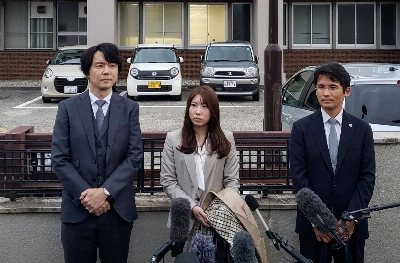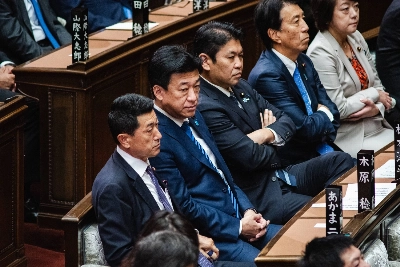The dollar may drop to ¥50 next year and eventually lose its role as the global reserve currency, Sumitomo Mitsui Banking Corp.'s chief strategist said, citing trading patterns and a likely double dip in the U.S. economy.
"The U.S. economy will deteriorate into 2011 as the effects of excess consumption and the financial bubble linger," said Daisuke Uno. "The dollar's fall won't stop until there's a change to the global currency system."
The dollar dropped last week to its lowest in almost a year against the yen as record U.S. government borrowing and interest rates near zero sapped demand for the U.S. currency. The Dollar Index, which tracks the greenback against the currencies of six major U.S. trading partners, has fallen 15 percent from its peak this year to as low as 75.211 on Thursday, the lowest since August 2008.
The gauge is about five points away from its record low in March 2008, and the dollar is 2.5 percent away from a 14-year low against the yen.
"We can no longer stop the big wave of dollar weakness," said Uno, who correctly predicted the dollar would fall below ¥100 and the Dow Jones industrial average would sink below 7,000 after the bankruptcy of Lehman Brothers Holdings Inc. last year. If the U.S. currency breaks through record levels, "there will be no downside limit, and even coordinated intervention won't work," he said.
China, India, Brazil and Russia called this year for a replacement to the dollar as the main reserve currency. Hossein Ghazavi, Iran's deputy central bank chief, said Sept. 13 the euro has overtaken the dollar as the main currency of Iran's foreign reserves.
Uno predicted that after the dollar loses its reserve currency status, the U.S., Europe and Asia will form separate economic blocs.


















With your current subscription plan you can comment on stories. However, before writing your first comment, please create a display name in the Profile section of your subscriber account page.